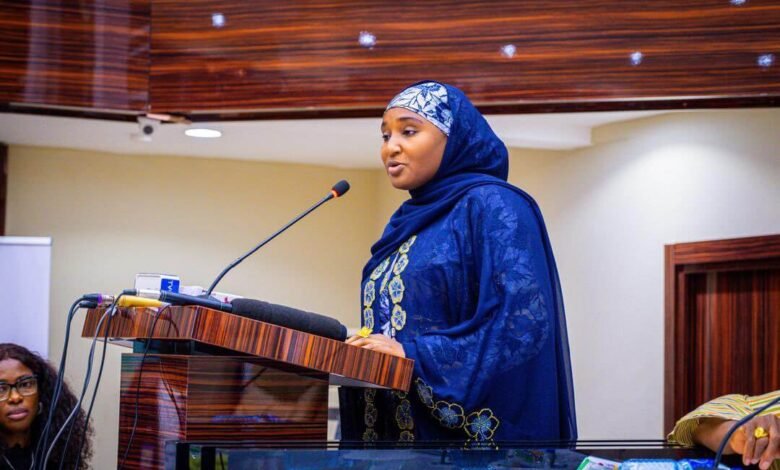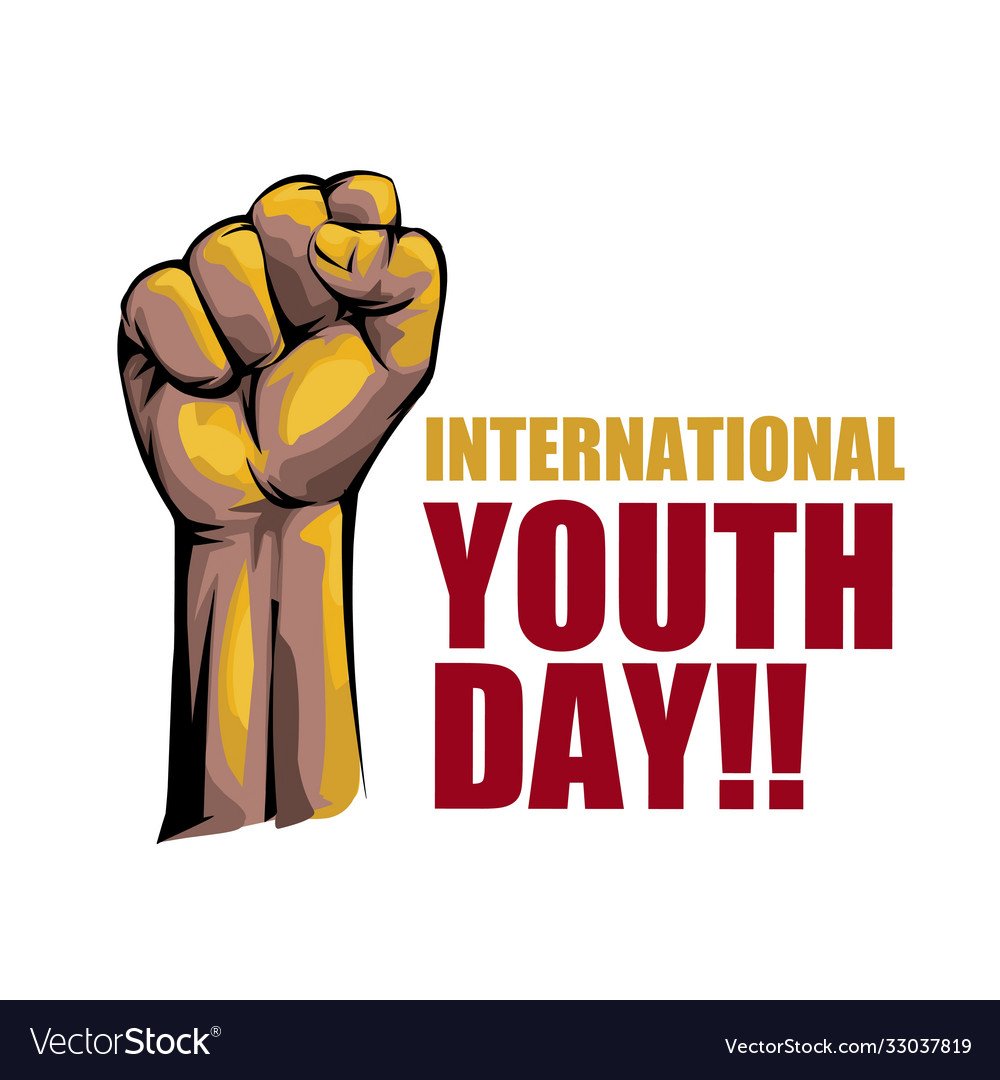A New Dawn for Nigeria’s Almajiri System: Redefining Education for Lasting Change

Source: https://www.naijanews.com/
Source:
The Almajiri system, a centuries-old practice in northern Nigeria, has long been both a cornerstone of Islamic education and a source of contention in the country’s educational discourse. The recent declaration by the Minister of State for Education, Professor Suwaba Saidu, that Almajiri children should not be classified as out-of-school has reignited debates around the system’s relevance, challenges, and potential integration into Nigeria’s formal education framework.
The Almajiri System: History and Evolution
Historically, the Almajiri system was a community-supported institution designed to provide young boys with Qur’anic education under the tutelage of Islamic scholars. Rooted in tradition, it fostered moral discipline and spiritual growth. Over time, however, economic pressures, poor governance, and inadequate oversight transformed the system. Many Almajiri children today face harsh realities, including street begging and neglect, as local communities and governments struggle to maintain the system’s integrity.
A Depleting Cycle of Survival
Currently, Almajiri children are often sent far from home to live with Islamic teachers (Mallams). In most cases, these children, some as young as four years old rely on street begging to fund their education and survival. This exposes them to physical and emotional abuse, malnutrition, and exploitation. A system that once thrived on community support has become a symbol of neglect, leaving millions of children vulnerable.
Education: A Right, Not a Privilege
Globally, basic education encompasses literacy, numeracy, and critical life skills necessary for individual and societal development. The Almajiri system, in its current state, lacks these components, making it insufficient as a standalone educational framework. According to the Universal Basic Education Act (UBE) and the Child’s Rights Act (CRA), every Nigerian child is entitled to free and compulsory education up to junior secondary school. These laws underscore the government’s obligation to provide equitable education for all children, including those in the Almajiri system.
Measures to Address the Almajiri and Out-of-School Crisis
Professor Saidu’s advocacy for redefining out-of-school children to exclude Almajiri reflects the government’s intent to harmonize traditional education with modern requirements. However, this effort must go beyond redefinition to include comprehensive reforms, such as:
- Formal Recognition and Regulation
Recognizing Almajiri schools as legitimate educational institutions will ensure their inclusion in national policies and budgets. This would also pave the way for systematic oversight to prevent abuse and neglect. - Hybrid Curriculum Integration
Introducing a hybrid curriculum that combines Qur’anic studies with the western education curriculum, which will include foundational literacy, numeracy, and vocational skills. This approach can prepare Almajiri children for better economic opportunities while preserving cultural and religious values. - Infrastructure Development
Upgrading Almajiri schools to meet basic educational and living standards is vital. Investments in classrooms, teaching materials, dormitories, and welfare programs will improve the system’s functionality and appeal. - Community and Government Partnerships
Collaboration among governments, religious leaders, and local communities can foster trust and ensure reforms align with cultural sensitivities. Community involvement is particularly critical for maintaining the system’s original ethos while modernizing it. - Accelerated Learning Programs
The establishment of accelerated learning centers and open school schemes can help reintegrate marginalised children into formal education.
The Need for Prioritizing Education
Education is the foundation of societal progress. As Nelson Mandela famously said, “Education is the most powerful weapon which you can use to change the world.” Nigeria’s staggering number of out-of-school children estimated by UNESCO at 20 million, underscores the urgency of prioritizing education as a national imperative. This includes integrating marginalized systems like the Almajiri into mainstream education.
A Call for Constitutional Reform
Nigeria’s constitution must explicitly prioritize education as a fundamental right and allocate adequate resources for its development. Robust enforcement of the UBE Act and Child Rights Act (2003) , coupled with clear accountability mechanisms, can bridge the gaps in the system.
Conclusion:
The federal government’s roadmap, including the creation of the Almajiri Commission and reforms signals a step in the right direction. However, translating these plans into lasting change requires unwavering commitment, innovative policies, and sustained collaboration among stakeholders.
Source of image: https://www.naijanews.com/





